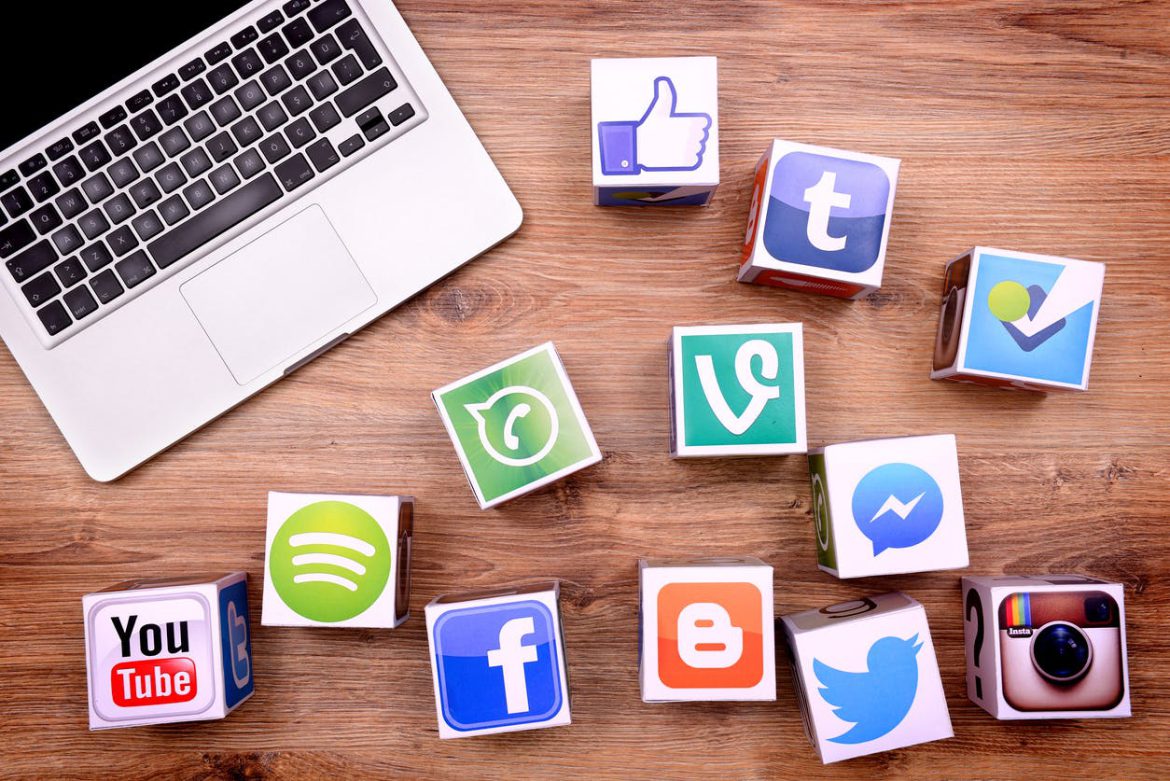Everyone uses social media like Facebook, Twitter and LinkedIn.
In the beginning, most people usually do so for utilitarian and professional purposes, because these platforms really are useful marketing tools.
In the past times, when someone wanted to write down ideas, they used a note-pad.
Then along came the smartphone.
The idea is sound, of course.
Why carry a pen and pad when you can simply enter things on the phone?
But over time, a transition occurred.
People began to write their ideas as short blips on social media; specifically Twitter and Facebook.
Observations, lessons, insights, daily life.
Most users of social media have that thought that everyone want to read about their every thought or experience.
The same phenomenon is rampant in platforms like Snapchat and Instagram.
Life as photographic or videographic stream of consciousness.
What happens next?
The constant striving to be clever or interesting.
The need for clicks, likes, shares, and all of the other electronic validation of our inner life and outer existence.
The search for acceptance.
Like a computer-based revisitation of high school.
As people give their snippets of insight to Mark Zuckerberg and others, they (we) constantly hurry to come up with new ideas, cool sound-bites, memes.
And in the end, we lose some profound things.
We lose the ability to plumb a thought deeply.
To dive into motivations and experiences.
Rather than letting it evolve over days, weeks or months before we allow it to be born into the light of day, we deliver prematurely.
Ideas born this way are often still-born, or badly afflicted and compromised in the interest of speed and approval.
We also lose creativity in general.
We provide content, not art, not thought.
In part because of the above; a constant desire to get attention.
But also because we use our infernal devices so much that we are distracted.
And rather than think to ourselves, read something great, look at art, build in our yards or houses, or any other thing, we simply click and are entertained and distracted.
Along the way, we embroil ourselves in disputes that will never be resolved in snippets and quips, in link or counter-link.
And we become stupid.
Eventually, it allowed us to go from note-pad and pen to portable “distractophone.”
Sure, we get interesting and sometimes relevant news.
Yes, we take wonderful photos of the people we love.
But maybe we’d have been better off with pad, paper, and camera.
The point here is this.
If you want to create, as a blogger, author, columnist, poet, painter, sculptor, musician or anything else, do not allow the Internet or its tiny pocket minions to control you.
You have to write down the things that matter, in a way that is not dependent on screen time, shares, links or anything else related to your own fragile and ludicrious ego.
Creation, not captivity.
May we all do the same.



